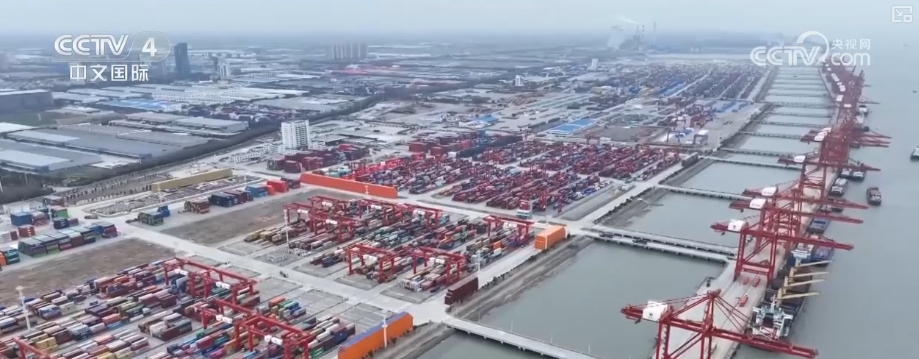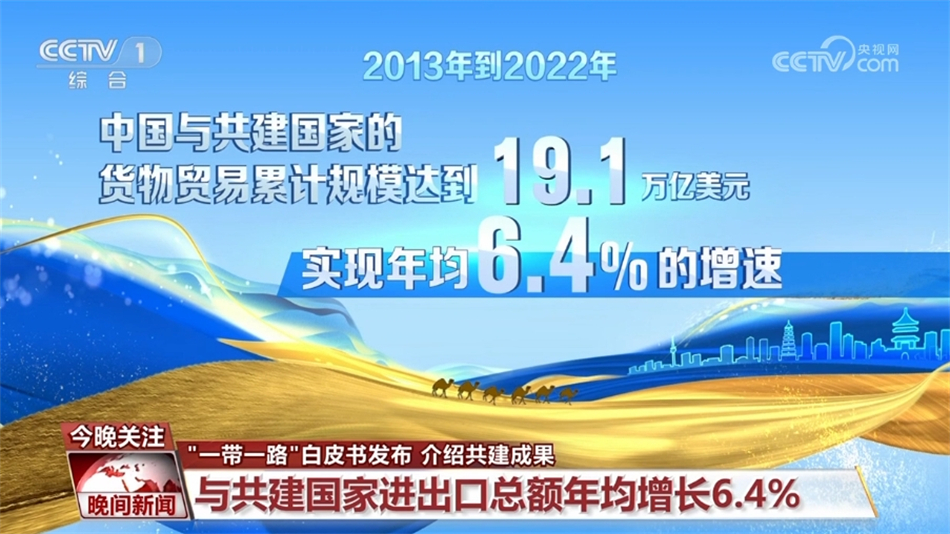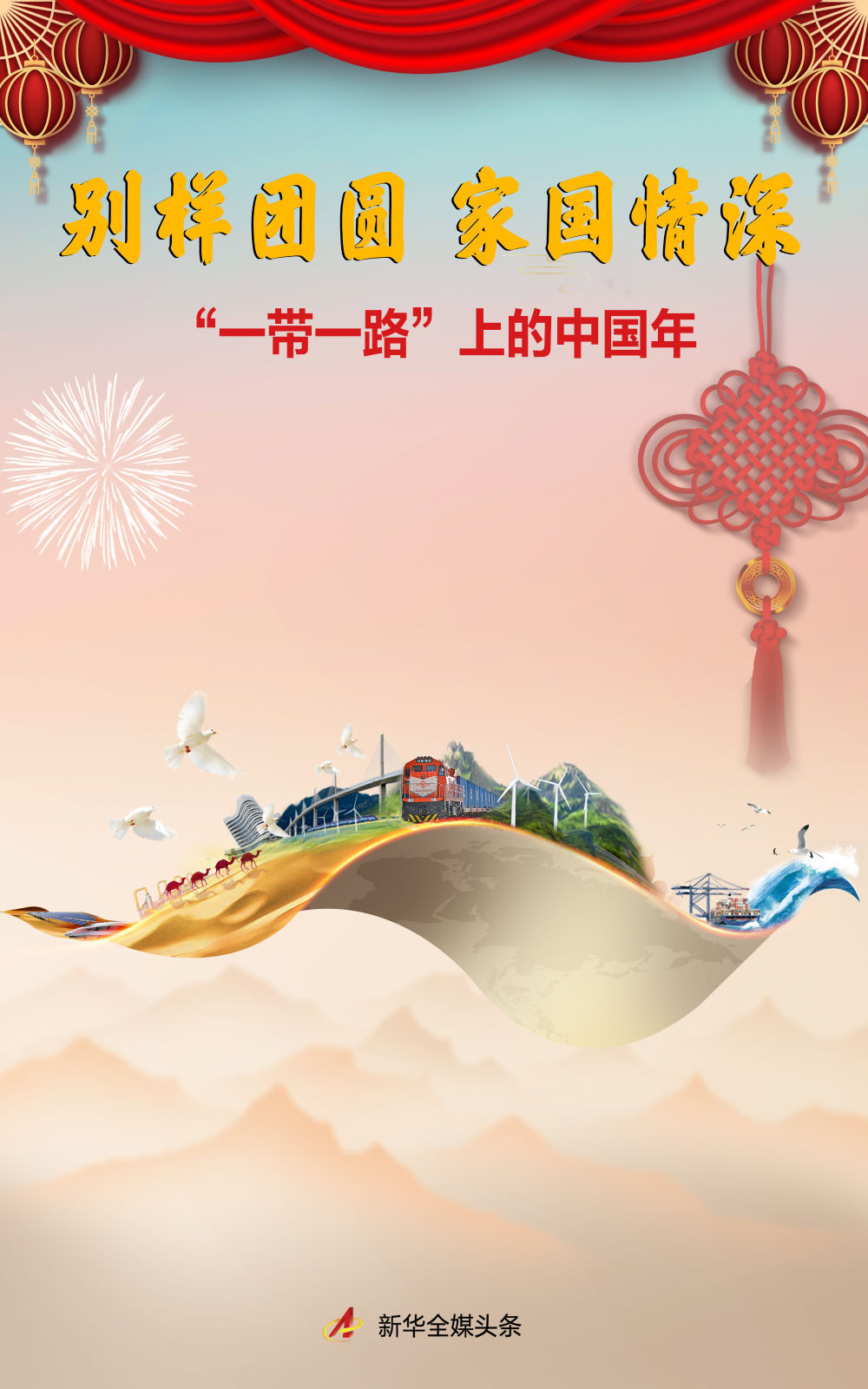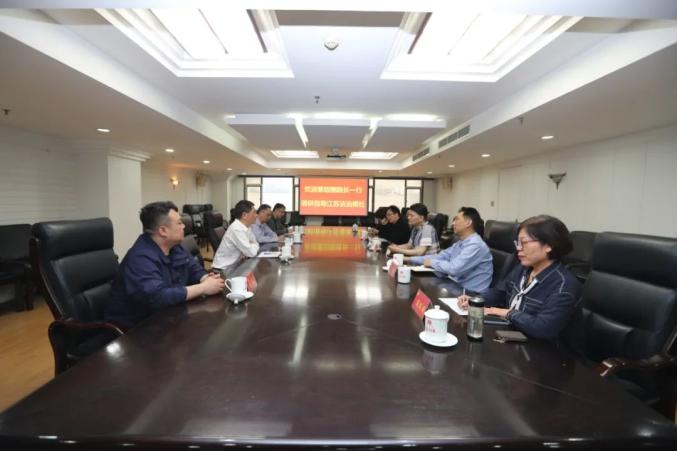China Has Made A Decision To No Longer Interact With The Czech President. As Soon As He Finished Speaking, The Czech Response Was 2 Sentences
China Has Made A Decision To No Longer Interact With The Czech President. As Soon As He Finished Speaking, The Czech Response Was 2 Sentences
On August 12, Chinese Foreign Ministry spokesman Lin Jian announced a rare decision at a press conference: China will no longer engage in any form of official exchanges with Czech President Pavel.
On August 12, Chinese Foreign Ministry spokesman Lin Jian announced a rare decision at a press conference: China will no longer engage in any form of official exchanges with Czech President Pavel.
The direct fuse of this diplomatic ban was that Pavel turned to India after ending his visit to Japan and secretly met with the 14th Dalai Lama. Although China has repeatedly made clear warnings through diplomatic channels, requiring the Czech Republic to abide by its political commitment to China, Pavel still insists on touching China's red line on issues of sovereignty and territorial integrity.
Faced with this serious provocation, Chinese Foreign Ministry spokesman Lin Jian solemnly stated: "In response to Pavel's bad provocative behavior, China has decided to engage in any interactions with Pavel." The Czech Presidential Office then responded, trying to cool down with only two understatement: calling the meeting a "private act" and "there is no direct communication between the Chinese and Czech Republic's senior management at present."

Pavel's trip was not an isolated incident, but an integral part of his systemic challenge to China. The first Czech president, who was born as a NATO general, has shown a tough stance towards China since taking office in 2023. He has the resume of the former chairman of the NATO Military Commission and has been immersed in the strategic thinking of the Cold War confrontation for many years.
Not long before the trip to India, Pavel just made a controversial remark that "If there is something to do in Taiwan, Europe will be something to do", openly challenging the one-China principle. This practice of continuously challenging China's core interests in the short term is rare among EU member leaders.
Pavel's China policy shift has long been omens. In 2023, the Czech Republic unilaterally terminated the friendly city relations between Prague and Beijing and Shanghai, and instead established a "sister city" with Taipei. In early August this year, Pavel signed the most radical "de-commonization" bill in Europe, directly institutionalizing ideological confrontation.
Pavel's behavior is superficially a diplomacy of values, but in essence it is political speculation. As a military and political figure trained by the NATO system, he tried to shape the Czech Republic into a "anti-China vanguard" in order to give him a sense of presence in the Western camp in exchange for more security and economic resources.
Faced with China's tough countermeasures, the Czech Presidential Office's response seemed pale and powerless. Pavel argued that meeting with the Dalai Lama was a "private act" in an attempt to downplay its political implications. The presidential office even stated that "there is no direct communication between the Chinese and Czech Republic officials at present", implying that China's traffic disconnection will not change the status quo.
This understatement of response can hardly conceal the diplomatic dilemma faced by the Czech Republic. Czech Foreign Minister Lipavsky also came forward to call on China to see it as a "private behavior", but the behavior of politicians, especially when it involves the core interests of other countries, cannot be truly "private".
What embarrasses Pavel even more is that his high-than-hope Western allies were collectively silent on this matter. Neither the EU nor the major NATO member states expressed support for the Czech Republic. Although the German Foreign Minister emphasized "European strategic autonomy" on August 10, he did not see any support for the Czech move.
The United States is also cold. Although Pavel had secretly met with the U.S. ambassador to the Czech Republic before his trip to India, the U.S. State Department only issued a vague statement saying that it "respects the independent foreign policies of various countries" and did not provide substantive support.

After China decided to have any exchanges between Pavel, the Czech economy immediately felt the chill. On that day, the stock prices of major Czech military-industrial enterprises fell, which was just the beginning of the economic shock wave.
In the first half of 2025, China-Czech Republic's bilateral trade volume plummeted by 19% year-on-year, and China has frozen investment projects worth 4.5 billion kroner. Exports of Czech advantageous industries such as automobile parts and machine tools to China fell by 37% and 42% respectively.
Skoda Auto's joint venture factory in China fell by 23,000 units year-on-year, causing parent company Volkswagen Group to cut orders for local Czech suppliers and exacerbate the employment crisis. Vaclav, chairman of the Czech Federation of Industry, said bluntly: "The government's foreign policy is making its own businesses pay for their political mistakes."
The tourism industry has also suffered a heavy blow. In 2019, the Czech Republic received 320,000 Chinese tourists, bringing more than 12 billion kronor revenue. In the first half of 2025, the number of tourists in China plummeted to only 21,000, a drop of 93%.
It is intriguing that just a week after Pavel met the Dalai Lama, Prague held a promotion meeting of the 8th China International Import Expo. Czech government officials and business leaders gathered to discuss how to deepen economic and trade cooperation with China.
Richard Hravati, Director of the Department of Non-European Countries of the Czech Ministry of Industry and Trade, clearly stated at the meeting: "The CIIE is not only an opportunity to showcase the Czech innovative achievements, but also an important platform for strengthening economic and trade cooperation with China." This statement is in sharp contrast with the Presidential Office's China policy.
This division highlights the fundamental differences in Czech Republic's perception of China. The Presidential Palace is immersed in ideological confrontation and geopolitical performances, while decision makers and business in the economic field are clearly aware of the importance of the Chinese market to the Czech economy.

In fact, during Pavel's predecessor Zeman, the Czech Republic was an important partner of the Belt and Road Initiative in Central and Eastern Europe. Between 2013 and 2023, the scale of China-Czech economy and trade and tourism increased by nearly 2 times. Today, Pavel’s political speculation is destroying this hard-won basis for cooperation.





